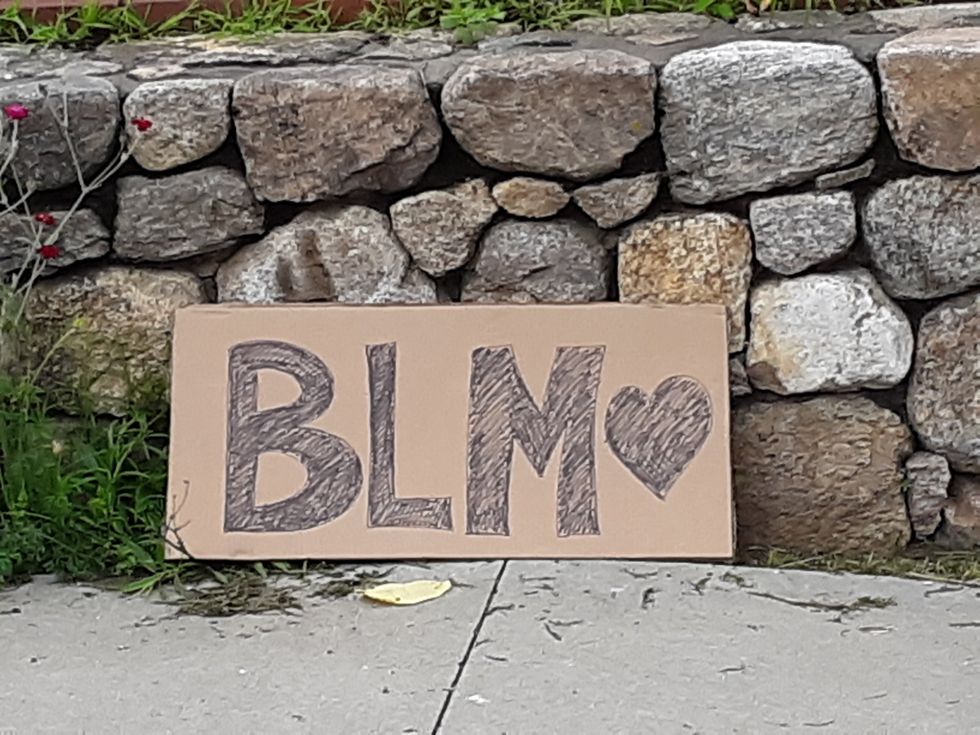As a native of Massachusetts, I can understand why the Pilgrims came to be venerated as a national symbol. They have a lot to do with the history of Massachusetts. They don't really have anything to do with our nation, though. They're a mythologized prehistory, really, and their usefulness as a national symbol might well pass away at some point in the future. The nation will remain intact regardless.
As a Catholic American, I can understand how Christopher Columbus came to be a figure of public glorification; he too is part of this country's mythical prehistory. I can also see why Italian-Americans came to venerate him as a sign of their belonging in this country. His usefulness as a national symbol, though, might pass away; he isn't essential to the history of our nation, and I don't think public awakening to the evils he represents will go away any time soon. Whatever happens to Columbus, we'll still be the same nation, anyhow. And I think that recognizing Columbus's evils is a good thing.
Thomas Jefferson wrote that all men are created equal; he was also a slave owner. This hypocrisy was perfectly evident to his contemporaries and to Jefferson himself. Yet excusing it has been implicitly treated as a national necessity ever since. The problem is that Jefferson, unlike Columbus and unlike the Pilgrims, does seem essential to our national myth. There is no United States of America without 1776 and the Declaration of Independence. I don't think that the attempts to sugarcoat Jefferson will ever have the same kind of traction again: the cat has been let too far out of the bag, so to speak.
Can we as a country exist without glorifying Thomas Jefferson? That's a very serious question. National myths are, we must admit, a grave matter, and all the more so in our own country, with all the richness and complication that the "melting pot" brings with it. A mature nation is able to survive the scandal of its founders' flaws, and I mean really survive, not just bury its problems in the sand. Does our country have that level of maturity? I hope so.
I wish to be neither naive nor pessimistic. I think that, whatever happens, Black Lives Matter is part and parcel of our country's continual growing pains. Our current era is crucial in that sense. Jefferson's particular brand of hypocrisy is a perpetual temptation to all unreflectively patriotic Americans. Patriotism, when mature, is a beautiful thing. And patriotism, when immature, is part of the problem.
This 4th of July, let's have the strength as a nation to celebrate our strengths and admit our weaknesses. There's no other way to go forward as a nation.



 Photo by
Photo by  Photo by
Photo by  Photo by
Photo by 














